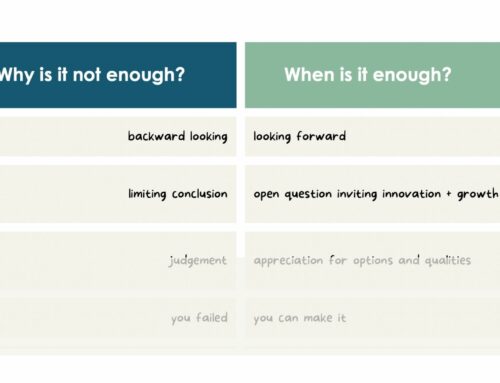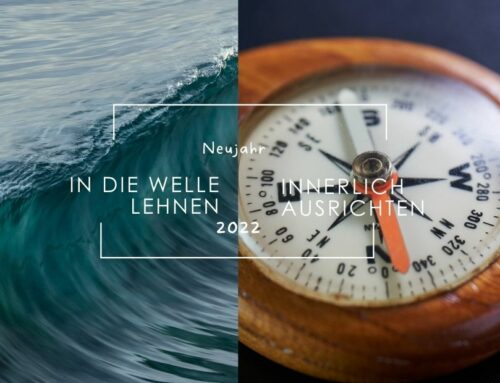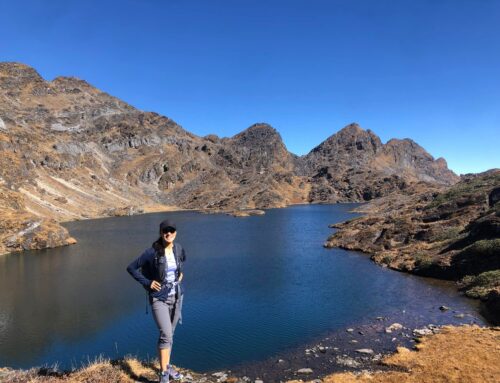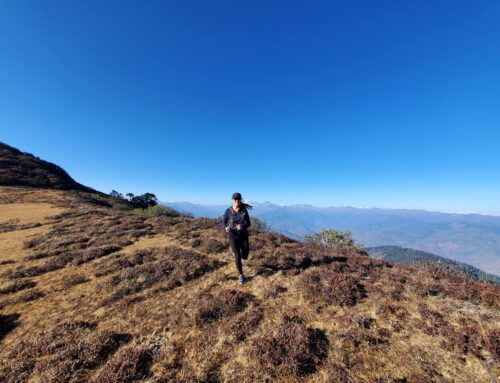Why attending a workshop about Change: Become a Scout of Change
Gross National Happiness
December 13, 2016
I captured the picture above at the Gross-National-Happiness primary school in Bumthang. The visit of this institution promoted by the GNH Centre of Bhutan was a very special highlight during our "Slow-Change-Experience" journey (Link), where we could learn, how compassion, mindfulness and involvement together with the main pillars of the GNH concept where infused into the curriculum in a primary school. What a bliss to sead the right attitude at this early stage in life!
When I saw this board, I was immediately attracted: as student of this school, I would have loved to play a role as advocate for value based principles, driving my own development as well as the purpose and shared values of the community. Actually, this idea had driven me to apply for this workshop: to become an agent of change in my circle of influence within my business context, in my social context, in my own community.
Change is an essential ingredient for growth. But what and why do we fear, when thinking of change?
It is a very human instinct to avoid change. Very often, change comes in a disruptive way: In business, when the numerical goal was not be reached, very quickly leaders got replaced, concepts questioned and in worst case stopped. This is fair and plausible, though it is disruptive and mostly painful for all participants. Who hasn’t experienced restructuring in his own company or in his close environment these days. Who cares for those, who have perhaps recently invested in a new home for the family based on loans, when employment and income is at risk. Further more, many companies expect a huge level of flexibility and mobility to move to places far away from the family roots. Uncertainty in the job environment risks to fragment family structures.
A failed relationship is another kind of disruptive change, which can shake someone significantly, in personnel life, and of course in life of eventual kids in case of divorce.
Most impactful and traumatic cases of disruptive change are natural desaster and losses caused by war. The recent earthquake in New Zealand in November 2016 has changed the coast line of the Southern Island for ever. Touristic providers lost revenue for the upcoming Christmas Holiday season: My own booking for Kaikoura has been canceled and refunded due to severe damages caused by the earthquake in all the area.
And we watch on numerous media features about the faith of Millions of refugees - they do not know where, when and how they can start to live a normal life - they do not even know if they will survive!
All these experiences, either by own physical experience or perceived through the Media cause a deep desire of consistency in us: We fear the trauma caused by disruption and then we look out for security and consistency. This is fair, as long as these disruptions are life-damaging…
Overcome the Comfort-Zone:
Very often though, the need for consistency comes from the instinctive need, not to leave the comfort zone. Between comfort zone and life-damaging zone, there is the challenging zone – the one, which leads to real growth.
I remember my experience made in an adventures camp in Ireland for seriously ill kids, where I volunteered in 2004: The daily program was designed to engage with the kids, who in most cases had experienced long periods in hospitals with physically exhausting treatments. Nurses and family spent a lot of energy on treating the patient with a lot of extra care for the kids. Now, the purpose of the Camp was to bring these kids out of their comfort-zone, to (re-)activate the hidden energies of mental and physical challenges, normal for healthy kids in the same age, but which had been banned in the life of these patients in order to protect their fragile health. I became the personnel „Cara“ of an Irish girl, 12 years old, who had spent almost 2 years in hospital and who had finally won the battle against her cancer disease. She was smart, kind, and quite strong already, caring for other mates in her dormitory, when they felt lonely – but she panicked when confronted with new challenges like riding a pony or reaching altitudes when climbing with a rope. She always asked me to be close by her side, taking the same challenges and showing her, that this is feasible. Myself I had to leave my comfort-zone as well, balancing on a joist on 10 meters above the floor, still secured by a rope though. She followed me on the joist, and we both experienced the achievement to be transformed in a new level of self-confidence - no growth without discomfort.
Two of the deep truths in Buddhism is the reality of the fact, that nothing lasts for ever, and that the reality around us is an illusion. The pure acknowledgement of these truths provokes the desire of safety and consistency.
When I am confronted with a new, seemingly uncomfortable situation, I am often asking myself: what is the worst, which can happen next, which can cause fear – very often the simple answer is very harmless and reduces the new reality simply to the fact, that everything changes, so why shouldn’t I – my life and those of others is in most of the cases not really in danger. And since security and consistency is an illusion, no reason to be attached to it.
In fact, this insight is not threatening, but on the contrary very relieving!




